Content
- Relationship of culture, society and social institution
- Role of sport in society
- Politics and Sport
It is clear that sport has a significant impact on leisure, business and entertainment. Modern day sport has an important part in contemporary British culture, boosting tourism, developing core values and creating a feeling of national pride.
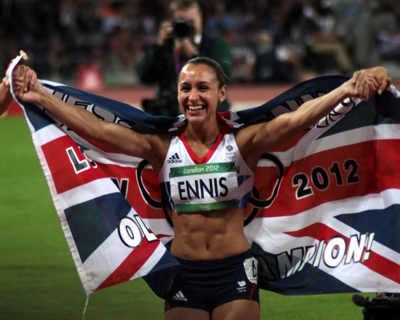
Sport can be seen as a sign of the quality of our society, our identity within that society or possibly an escape from society and life. Sport offers a national identity, uniting countries nationally and internationally, it can be used to shape values and morals within society. Sports can also breakdown social barriers, stereotypes and prejudices. Sport and physical activity also:
The principles and philosophy of the games:
Socialisation is the way humans adjust to their culture (values, beliefs, heritage), the process by which they become participating members of society. Sport and physical education in schools is an important vehicle for transmitting the values of wider society.
With physical education on the national curriculum and is a statutory requirement, the society can foster the values of physical education and sport:
Sport has the ability to create social mobility and escalate sports stars to the ‘Hollywood A list’. The commercialisation of sport allows sport people to be bought and sold as a commodity, with figures soring over £100 million per player.
At a political level, sport has also been used to promote political ideologies; the promotion of health, economic purposes- the Olympics and social integration.
Sport is also considered a propaganda tool. In some countries sport is used as a way of social control, leaving aside the real problems. Generating citizenship and national identity, associating the politics of the country to sporting success. While sporting successes can offer politicians good PR and a valuable 'photo op', there are often serious repercussions when the worlds of sport and politics collide.
Whilst the athlete tends to complete for the intrinsic rewards associated with sport it is clear that athletes and sport have been littered with high profile incidents in which politics have played a major part.
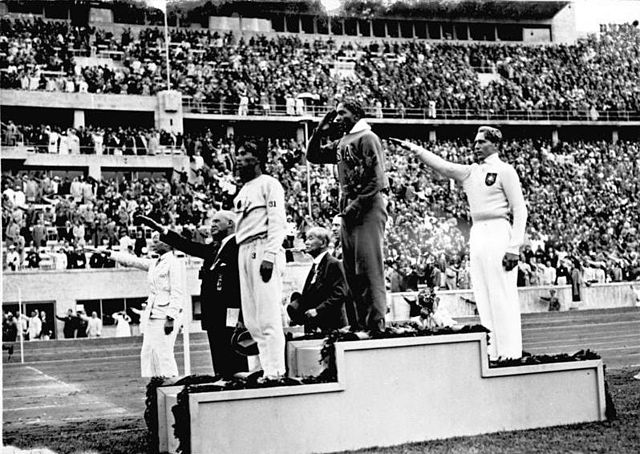
At the Berlin 1936 Olympics, Hitler planned to show the world that the Aryan people were the dominant race; Jesse Owens proved him wrong and sealed his place in Olympic history by becoming the most successful athlete of the 1936 Games. Owens also became the first American to win four track and field gold medals at a single Olympics (100m, 200m, 4x100m relay and long jump). Hitler refused to present the medals.
Many athletes chose not to compete in South Africa, during apartheid, where athletes were picked based upon their ethnicity and not ability. Then in 1995 Rugby World Cup Final Nelson Mandela appears in a Springbok shirt, that one gesture helping to reunite a nation
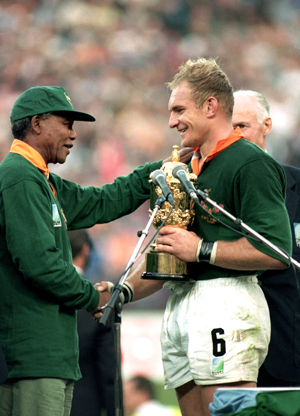
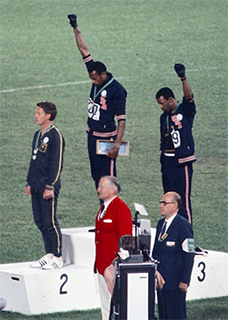
Tommie Smith and John Carlos risked their careers in athletes over the ‘black power salute’ in the 1968 Olympics, bringing the worlds attention to the turbulent time in the USA for black citizens.
Muhammad Ali risked his career for refusing to fight in Vietnam on religious beliefs and was exiled from the ring for three and half years.
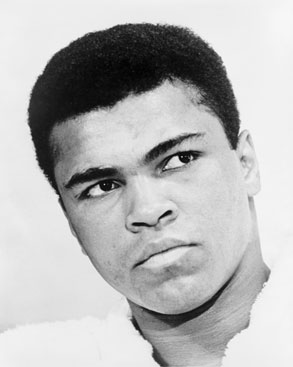
Governments are fully aware of the economic contribution sport makes, from employment, manufacture, infrastructure, facility development, tourism to entertainment, media, commercialisation and sponsorship, this is a billion pound industry.
The pressures on sports and sports stars is not just physiological and psychological but also sociological, with pressures from governments and society. As society evolves and society itself becomes less violent this is replicated in our lack tolerance for violence. Games such as football and rugby have become more technical and less physical.
Sport provides a means for facilitating non-violent conflict but when political tensions are augmented there is always a chance that events in the stadium will mirror those in the political arena.